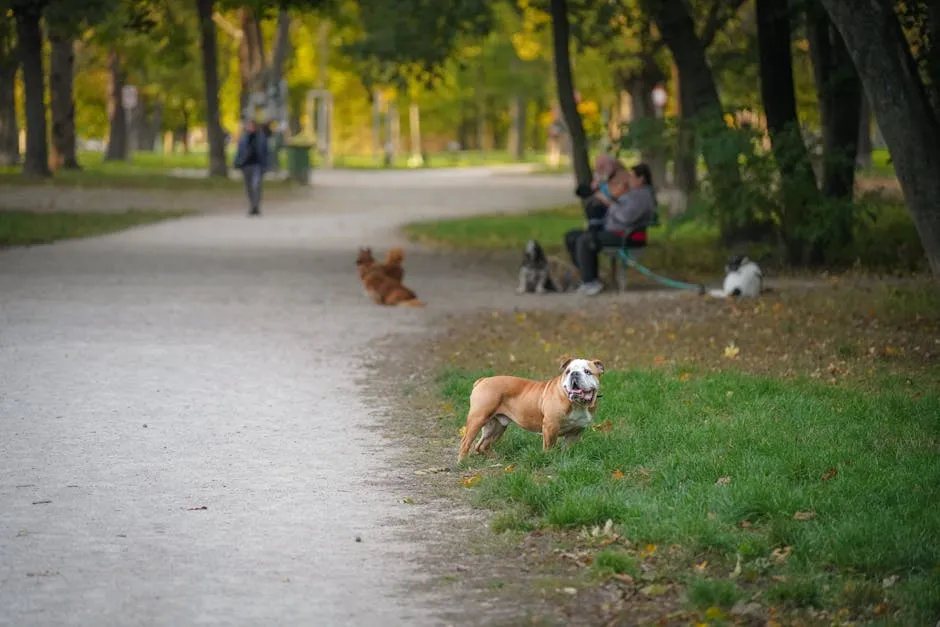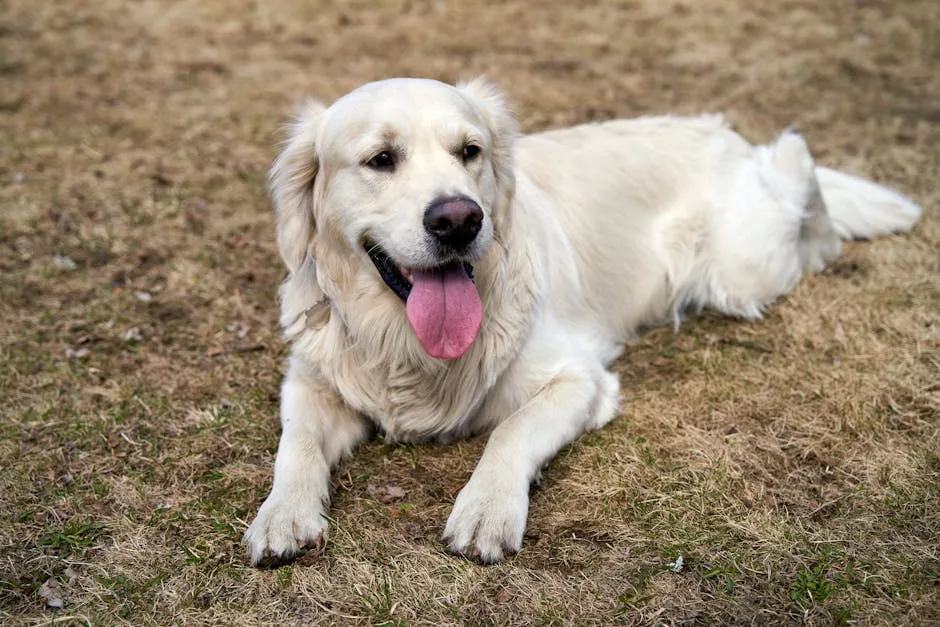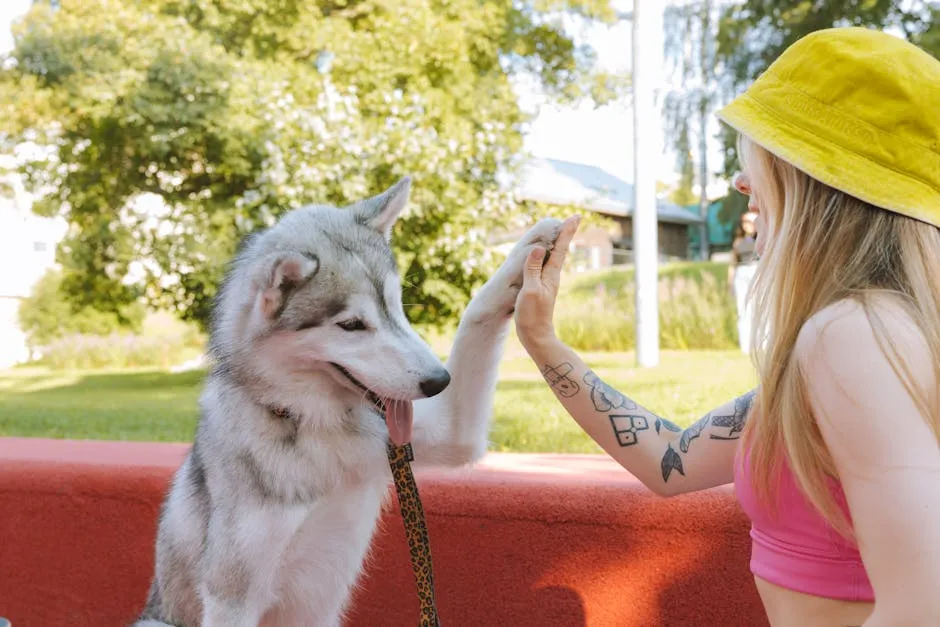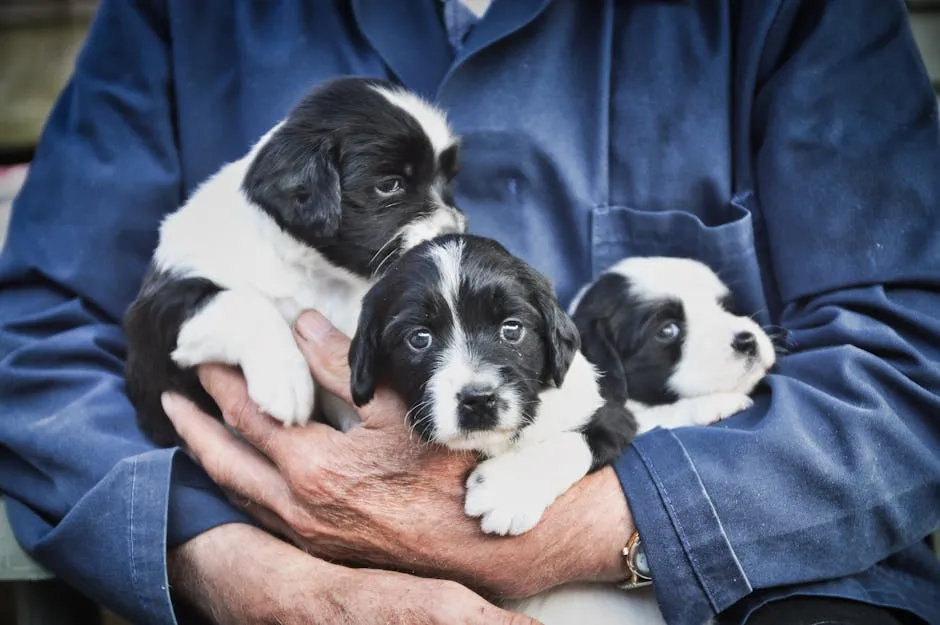Introduction
The Czech Wolf Dog is a fascinating breed with a rich history. Originating from Czechoslovakia, it was developed for both work and companionship. This breed combines the traits of the German Shepherd and the Carpathian Wolf. Its striking appearance and loyal nature have made it increasingly popular among dog lovers.
To ensure your Czech Wolf Dog thrives, it’s essential to have the right resources. A great starting point is a Czech Wolf Dog training book. This will provide in-depth insights into their training requirements and help you build a strong bond with your furry friend.

Summary and Overview
The Czech Wolf Dog, or Czechoslovakian Wolfdog, was created in the late 1950s. The breed emerged from a project aimed at blending German Shepherds with Carpathian Wolves. This breeding aimed to develop a dog with enhanced physical and behavioral traits. These dogs are known for their intelligence, loyalty, and strong instincts. Their wolf-like appearance, with a thick coat and piercing eyes, makes them stand out.
Despite their wolf ancestry, Czech Wolf Dogs can be loving companions. However, they require experienced owners who understand their unique needs. This article will guide potential owners on care, training, and whether this breed fits their lifestyle.
Speaking of care, providing high-quality nutrition is crucial. Invest in high-quality dog food that meets their nutritional needs. This will help support their energy levels and overall health.

History of the Czech Wolf Dog
Origins
The Czech Wolf Dog was developed in Czechoslovakia during the 1950s. The aim was to create a versatile working dog. The project focused on combining the strength and intelligence of the German Shepherd with the physical prowess of the Carpathian Wolf. This breeding program was innovative, seeking to enhance both utility and companionship.
Breeding Program
The Czechoslovakian Wolfdog project was spearheaded by Dr. Karel Hartl. He aimed to create a breed that could serve in military and police roles. By carefully selecting breeding pairs, the program prioritized health, temperament, and performance. The resulting dogs displayed a unique blend of loyalty, intelligence, and agility. This mixture of traits makes the Czech Wolf Dog an impressive breed for various tasks.
The breed has evolved over the years, adapting to new roles while maintaining its distinct characteristics. The Czech Wolf Dog remains a testament to innovative breeding practices and the bond between humans and wolves.

Evolution Over Time
The Czech Wolf Dog has undergone significant changes since its inception. Initially bred in the late 1950s, the breed was designed to combine the physical traits of the Carpathian Wolf with the intelligence of the German Shepherd. Over the decades, its adaptability has allowed it to thrive in various roles.
One key milestone in its evolution was gaining official recognition in the 1980s. This acknowledgment confirmed the breed’s legitimacy and encouraged responsible breeding practices. As a result, the Czech Wolf Dog’s popularity has grown, attracting enthusiasts eager to appreciate its unique characteristics.

Physical Characteristics
Appearance
The Czech Wolf Dog is a striking breed. Adults typically weigh between 50 to 90 pounds and stand 24 to 30 inches tall at the shoulder. Their coat is dense, often featuring shades of gray, black, and tan. This gives them a wild, wolf-like appearance that many find captivating.
These dogs are not just about looks; they possess remarkable agility and strength. Their powerful legs allow for impressive speed and endurance. Whether running through the woods or traversing rugged terrains, they excel in physical activities.
To keep your Czech Wolf Dog looking sharp, consider investing in dog grooming supplies. This will help maintain their coat and skin health, keeping them comfortable and looking their best.

Comparison with Other Breeds
When compared to similar breeds, the Czech Wolf Dog stands out. Unlike the German Shepherd, which is primarily a working dog, the Czech Wolf Dog retains more of its wild ancestry. Its wolf-like features, such as a longer snout and erect ears, set it apart.
In contrast to the Alaskan Malamute, known for strength and endurance, the Czech Wolf Dog exhibits a unique blend of intelligence and independence. This breed often requires a more experienced owner due to its strong instincts and challenging temperament.

Temperament and Behavior
Personality Traits
The Czech Wolf Dog is known for its loyalty and intelligence. These traits make them excellent companions for those who understand their needs. They are independent thinkers, often requiring consistent training and socialization.
When interacting with families, they can be gentle and affectionate, especially with children. However, their protective nature means they may also be wary of strangers. Early socialization is crucial to help them develop well-rounded personalities.
In summary, the Czech Wolf Dog is a unique breed that offers both companionship and a connection to its wild roots. Understanding their temperament and behavior is essential for potential owners.

Training and Socialization
Training and socialization are vital for a Czech Wolf Dog. These dogs are intelligent and independent, which means they need early guidance. Without proper training, their natural instincts may lead to undesirable behaviors.
Start socializing your Czech Wolf Dog as a puppy. Expose them to various environments, people, and other animals. This helps them become well-adjusted and less fearful. Positive experiences in their early days shape their future behavior.
When it comes to training, consistency is key. Use positive reinforcement techniques, such as treats and praise. This breed responds well to rewards. Keep training sessions short, fun, and engaging. Incorporate play to maintain their interest.
Establish clear boundaries and commands. Czech Wolf Dogs thrive when they understand expectations. Consider enrolling in obedience classes. This not only helps with training but also offers socialization opportunities. You might want to use a dog training clicker to enhance your training sessions.

Health and Care Needs
Common Health Issues
Czech Wolf Dogs are generally healthy but can face specific health concerns. Common issues include hip dysplasia, eye problems, and skin allergies. Regular health checks can help catch these early. Their lifespan averages between 12 to 16 years, depending on genetics and care.
Veterinary visits should include routine vaccinations and screenings. Early detection of health problems can lead to better outcomes. It’s essential to choose a breeder who prioritizes health testing in their breeding program. This ensures that you get a puppy with fewer genetic risks.

To learn more about one of the common health issues in dogs, check out this article on Understanding and managing canine hip dysplasia.
Daily Care Requirements
Caring for a Czech Wolf Dog involves meeting their diet, exercise, and grooming needs. A high-quality diet is crucial for their health. Look for dog shampoo that is gentle on their skin, especially after outdoor adventures.
Exercise is a must. Aim for at least one hour of vigorous activity daily. This breed enjoys running, hiking, and playing. They excel in activities like agility training, which also provides mental stimulation. Having some agility training equipment can be a fun way to keep them active and engaged.
Grooming is necessary to keep their dense coat healthy. Brush them weekly to reduce shedding and matting. Regular baths are essential, especially after outdoor adventures. Mental stimulation is equally important. Puzzle toys and obedience training can keep their minds sharp. Consider some dog puzzle toys to provide them with the mental challenge they crave.

Living with a Czech Wolf Dog
Suitable Environments
Czech Wolf Dogs thrive in spacious environments. They need room to run and explore, so a large yard is ideal. Apartment living can be challenging unless you can commit to regular outdoor activities.
Companionship is essential for this breed. They bond closely with their families and may suffer from separation anxiety if left alone for long periods. Consider adopting another dog if you’re frequently away. This helps to provide the social interaction they crave. A good dog leash and harness set will make outdoor adventures more enjoyable for both of you.
In summary, a Czech Wolf Dog requires an active lifestyle and a loving home. Understanding their space and social needs is key to a happy, balanced life together.

Integration into Family Life
Integrating a Czech Wolf Dog into your family can be rewarding. Start by establishing a routine that includes exercise and play. These dogs thrive on regular activity, so daily walks and play sessions are essential. Consider involving them in family outings. This helps them bond with everyone and become part of the family dynamic.
Create a comfortable space at home. A cozy dog bed and toys can make them feel secure. Allow them to explore their environment. This builds their confidence and helps them adapt to family life.
Czech Wolf Dogs can get along with other pets, but supervision is crucial. Early socialization with different animals promotes harmony. They may have strong prey drives, so monitor interactions with smaller pets. Gradually introduce them to existing pets. Positive experiences can help foster friendships over time.

Breeding and Adoption
Finding a Responsible Breeder
When looking for a Czech Wolf Dog, finding a responsible breeder is key. Start by researching breeders with a solid reputation. Look for those who are active in breed clubs or associations. This involvement shows commitment to the breed’s welfare.
Ask for health testing documentation. Responsible breeders conduct tests for common genetic issues. This includes hip dysplasia and eye conditions. A good breeder should also provide temperament assessments. These evaluations ensure the puppies are well-adjusted and suitable for families.

Adoption Considerations
Adoption is another great option. Many shelters and rescues have Czech Wolf Dogs looking for homes. Reach out to local animal rescues and ask about available dogs. Consider breed-specific rescues as well. These organizations often understand the unique needs of Czech Wolf Dogs.
Adopting from a shelter can be incredibly fulfilling. You provide a loving home to a dog in need. Just remember, each dog has its own background. Take the time to learn about their history and behavior. This understanding will help you integrate them into your home successfully.
While you’re at it, consider a dog first aid kit to ensure you’re prepared for any emergencies that may arise.

Conclusion
In summary, the Czech Wolf Dog is a unique breed that requires commitment. They thrive in active families with space to roam. Whether adopting or buying from a breeder, ensure you’re prepared for their needs. A loving, trained environment is essential for their happiness. Consider your lifestyle and the responsibilities of dog ownership. If you’re ready for the challenge, a Czech Wolf Dog can be a loyal and loving companion.
FAQs
What is the temperament of the Czech Wolf Dog?
The Czech Wolf Dog temperament is complex yet fascinating. These dogs are known for their loyalty and intelligence. They can be independent, requiring consistent training. Socialization is vital for balanced behavior. With proper guidance, they can be affectionate family members.
How much exercise does a Czech Wolf Dog need?
Czech Wolf Dog exercise requirements are significant. They thrive on at least one hour of vigorous activity daily. Activities like running and hiking keep them happy and healthy. Engaging in mental stimulation activities is equally important. This prevents boredom and destructive behaviors.
Are Czech Wolf Dogs good with children?
Czech Wolf Dog family compatibility depends on proper training. They can be gentle and protective with children. However, supervision is essential, especially with younger kids. Early socialization helps them understand boundaries. A well-socialized Czech Wolf Dog can be a loving family companion.
What are common health problems in Czech Wolf Dogs?
Czech Wolf Dog health issues include hip dysplasia and eye problems. Skin allergies may also affect some dogs. Regular veterinary check-ups can catch these issues early. Responsible breeding practices help reduce these health risks. Ensuring health testing is vital when selecting a puppy.
Can Czech Wolf Dogs live in apartments?
Czech Wolf Dog living conditions are best suited for spacious environments. They need room to run and explore. Apartment living can be challenging without daily outdoor activities. A secure yard is ideal for their exercise needs. Ensure they have companionship to prevent anxiety.
Please let us know what you think about our content by leaving a comment down below!
Thank you for reading till here 🙂
All images from Pexels





